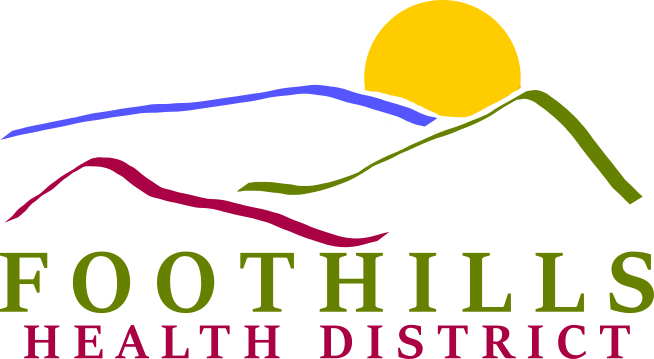By Jason Masters
Environmental Health Director

A
Q:
Hi Jason, long time reader…Love the show. I have a question I’m hoping you will be able to help me with. I have twin boys, and they LOVE Count Chocula and Franken Berry! I have recently heard about raw milk becoming more available in North Carolina, and I’m wondering if the use of raw milk on my boys’ cereal will help to give them a more complete breakfast. What can you tell me about the safety of raw milk?
-Sloan
A:
Hi Sloan! That’s a great question, and such a timely one!
As a fan of the monster breakfast cereals myself, I would be remiss if I didn’t at least put in a good word for Boo Berry, and of course my personal favorite, Yummy Mummy. And who could leave out the oft-forgotten Fruit Brute?!?
There is a whole world of delicious cereals out there that my parents would not let me have, and I am making up for it now that I’m all grown up. So what if I pour chocolate milk on Cocoa Krispies?!? You’re not the boss of me!!
Anyway, let’s get to that pesky raw milk stuff.
Now you might be asking yourself, “Self, what’s the big deal with raw milk? Isn’t if full of healthy proteins and immunoglobulins and other big words that make it better for me?!?” Well, that’s kind of a tricky question. Raw milk does have proteins and enzymes and vitamins that are somewhat destroyed or diminished by pasteurization. Now, if I were to stop talking here, all the raw milk proponents would be very happy. However, the truth is most of the nutrients that are destroyed or diminished are those that we find in other foods anyway. So for example, Vitamin C is one of the nutrients in raw milk that is effected by pasteurization. But, I’m not drinking milk for Vitamin C. I get my daily allowance of Vitamin C from foods like citrus fruits, juices, and those delicious fortified monster cereals. Pasteurization is not something to be afraid of. It has saved countless lives, and has made more foods safe for the general consumption. It was originally developed to make milk safer. I mean, it’s whole purpose of being, is to make milk safe! It’s just like applying heat to any other raw protein. Ideally, you apply just enough to kill the harmful bacteria, and then you get to enjoy that prime cut ribeye! Pasteurization is, in effect, simply cooking the raw milk until safe. That’s it! Now with all that being said, there are those of us who believe that minimal processing of food is better or healthier. And truthfully, it probably is for some foods.
I mean, a glass of orange juice is just not the same as a tall, cold glass of Tang, BUT, in the case of raw milk or pasteurized milk, the evidence is pretty clear that less people get sick from pasteurized milk than raw. The numbers don’t lie.
So how does all the bad stuff get into the milk in the first place? Let’s put this in perspective…my wife and I have a newborn daughter. My wife produces “raw breast milk”. That’s fine. It’s great for our daughters immune system and overall well-being. However, I would be upset if she went to our local tractor-pull, participated in the community mud-wrestling event, then came back home and breast fed our daughter without taking a shower. It’s not the milk I’m worried about, it’s the mud, feces, spit, blood, pus, and general uncleanliness that would be all over my wife’s body… In truth, Rachael hasn’t been to a mud wrestling event since before she was pregnant, but she is anxious to get back at it…
You might say, “Well Jason, I know people who have been drinking raw milk for years, and they’ve never been sick one time!” The truth here is that there is no way to predict when raw milk is safe or not. The facts are that raw milk does contain some bacteria that can make you sick. Unfortunately, no matter how sanitary a milk processing facility is, there is just no guarantee that harmful bacteria will not get into the milk. Will it ALWAYS make you sick? Maybe not, but who wants to risk that?
And how do you know that those people have never been sick? People react to things differently sometimes, and not every bout of diarrhea will be reported as a foodborne illness. In summary, like most things in life, this is a decision that each individual will have to make. I can’t tell you that every gallon of raw milk is always bad, and I can’t tell you it is always safe. But I would encourage anyone who is interested in potentially drinking or providing raw milk to their family to do a little research, and find out the gist, before you ingest….
Stay safe, friends.

